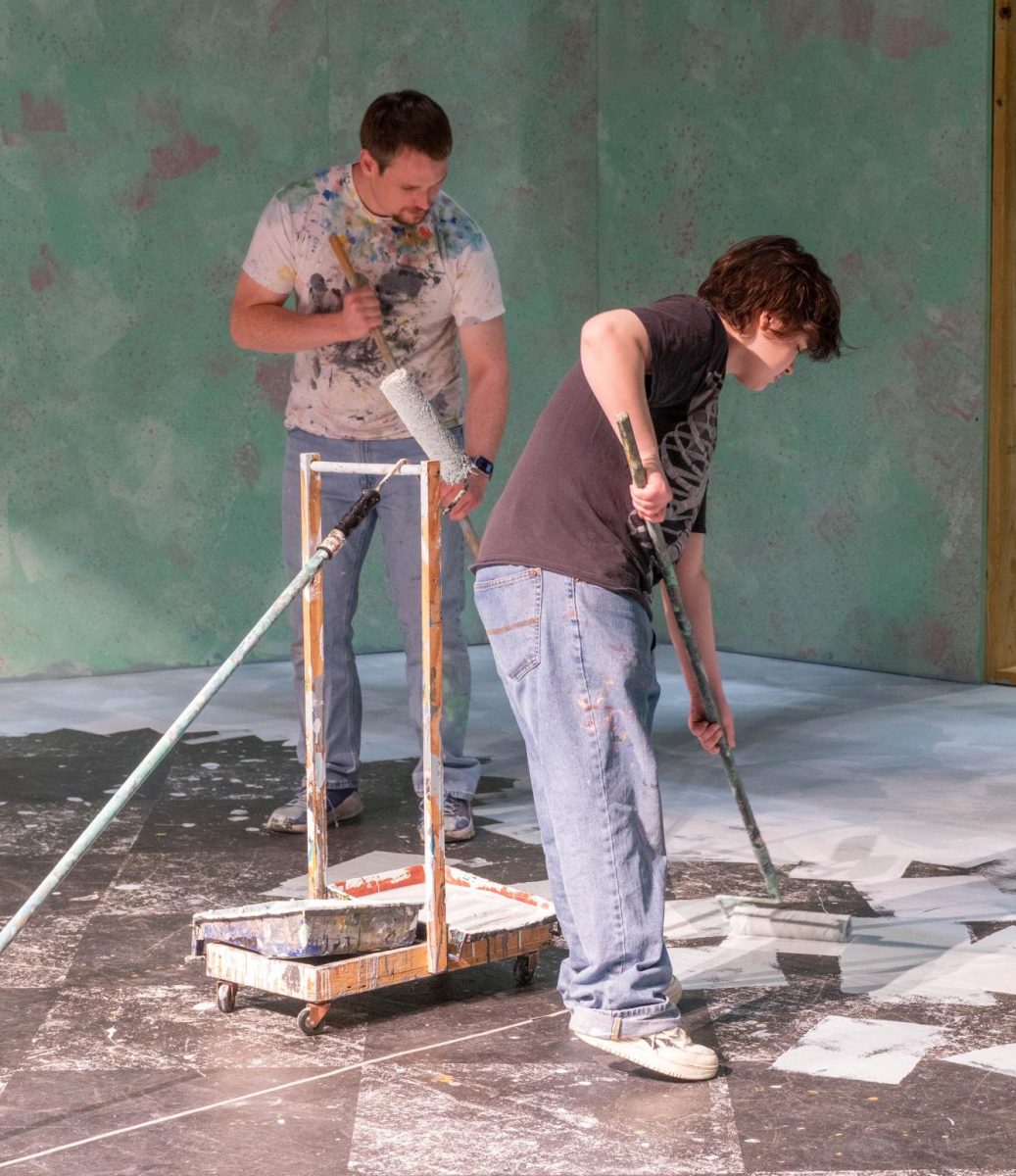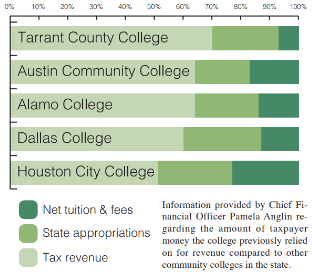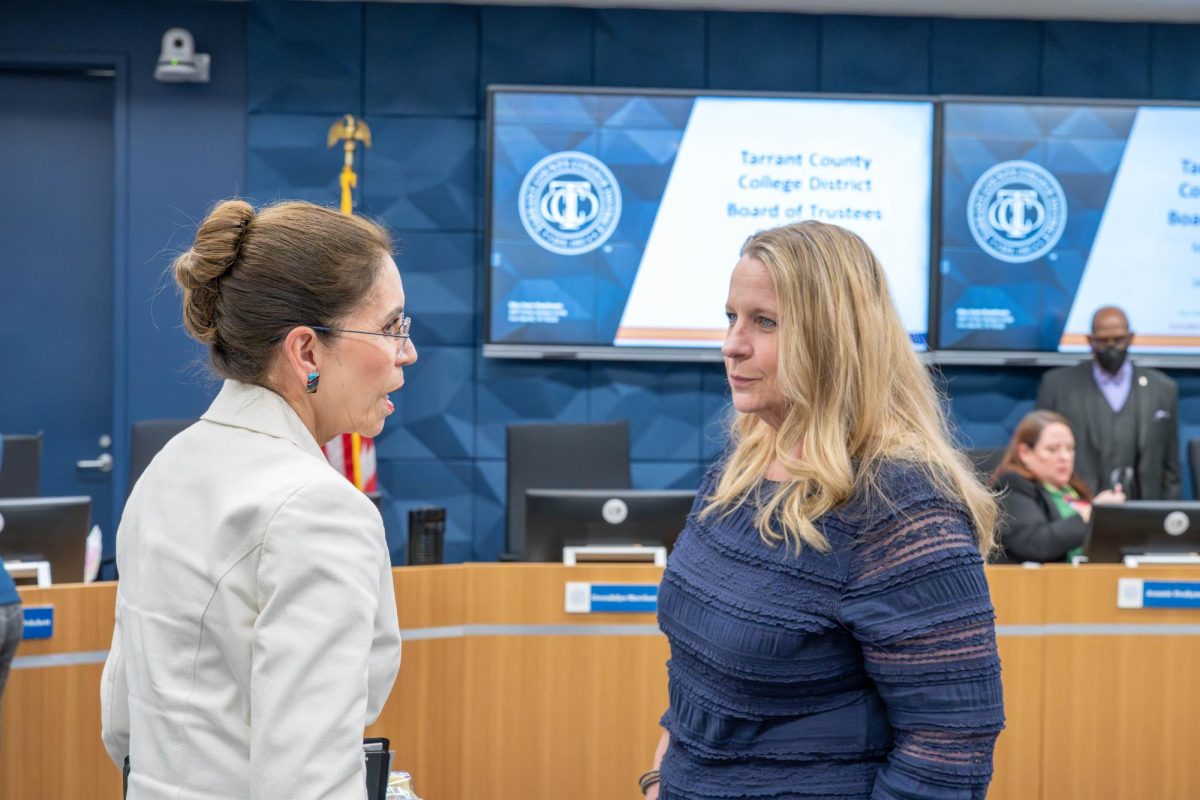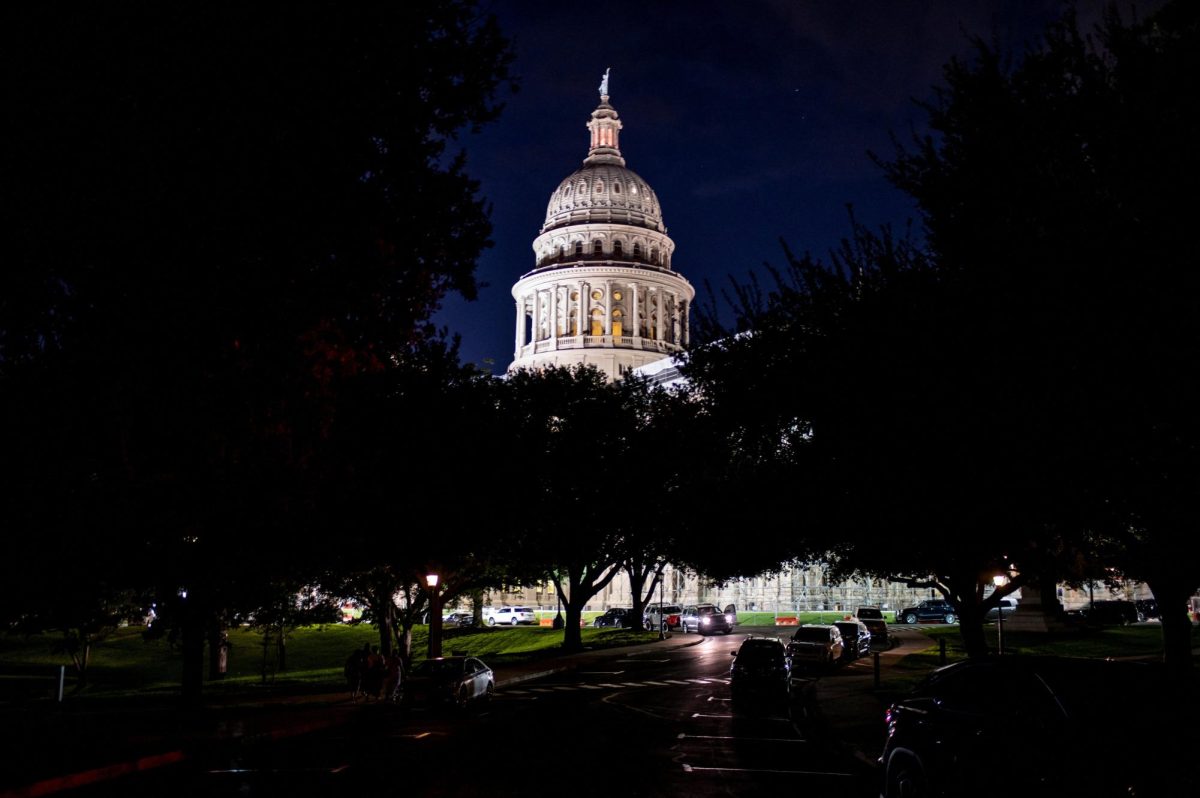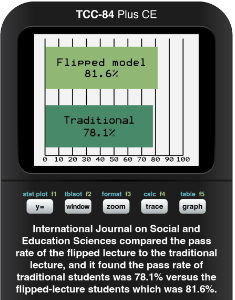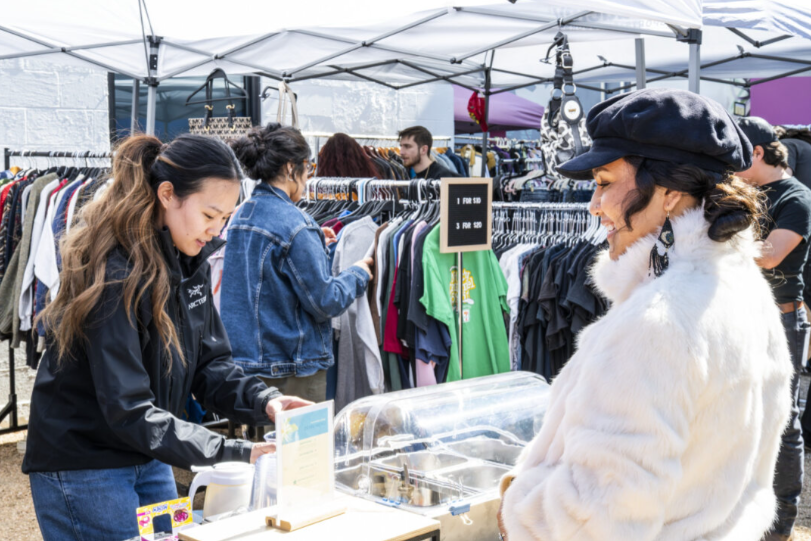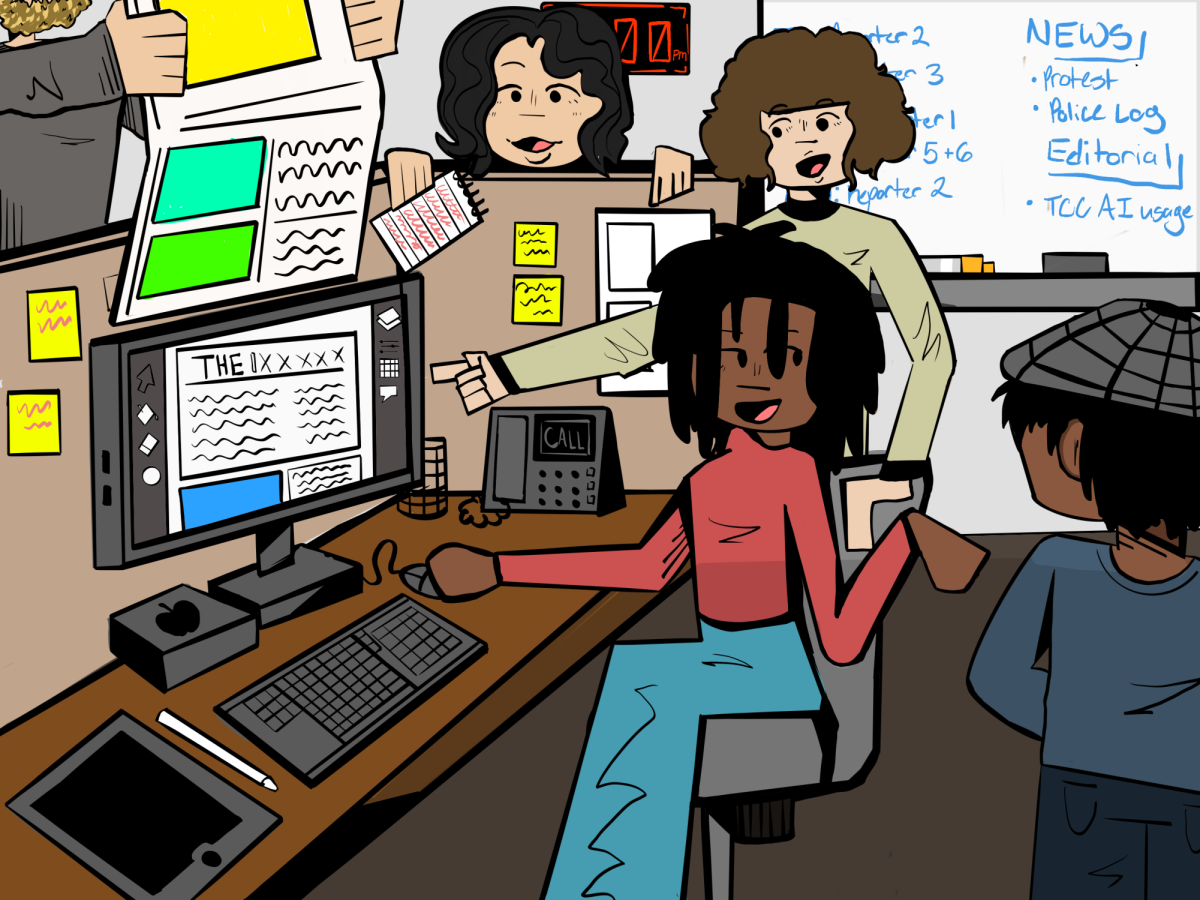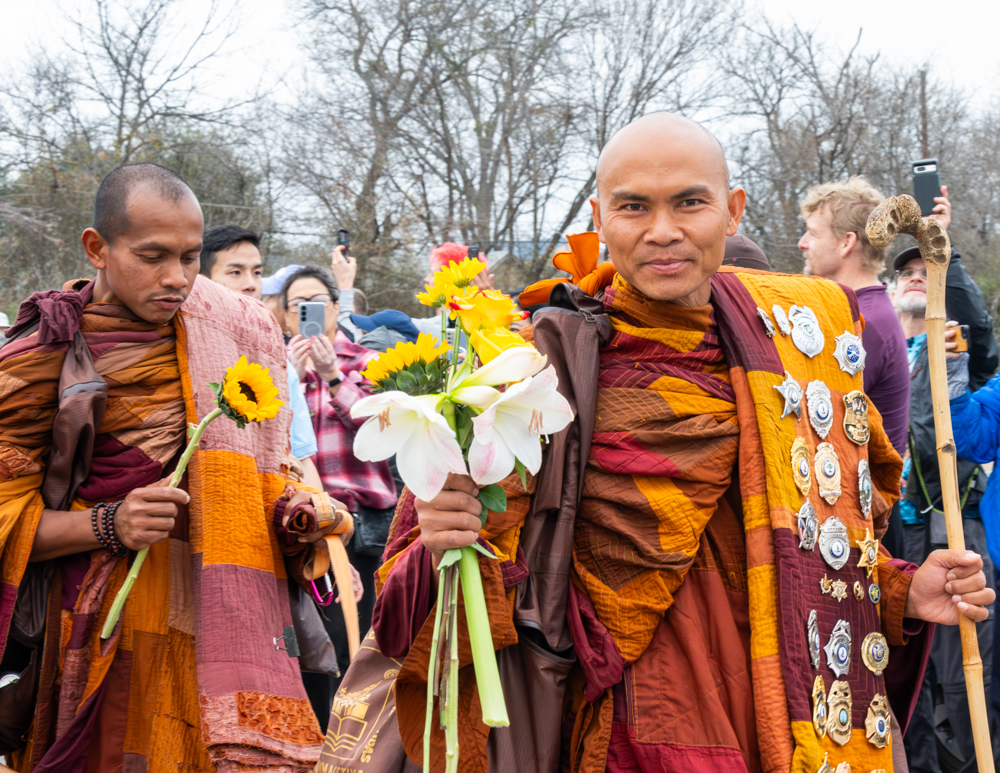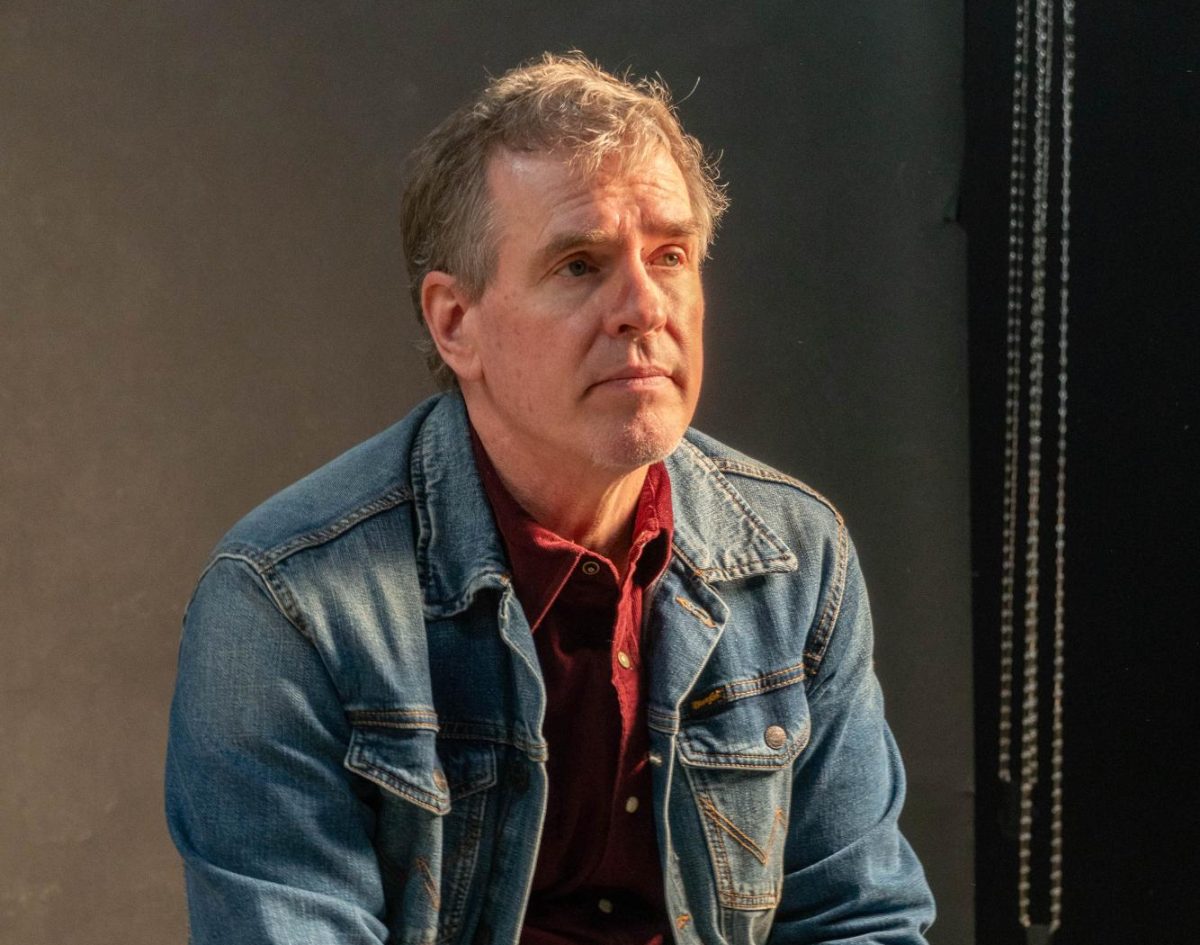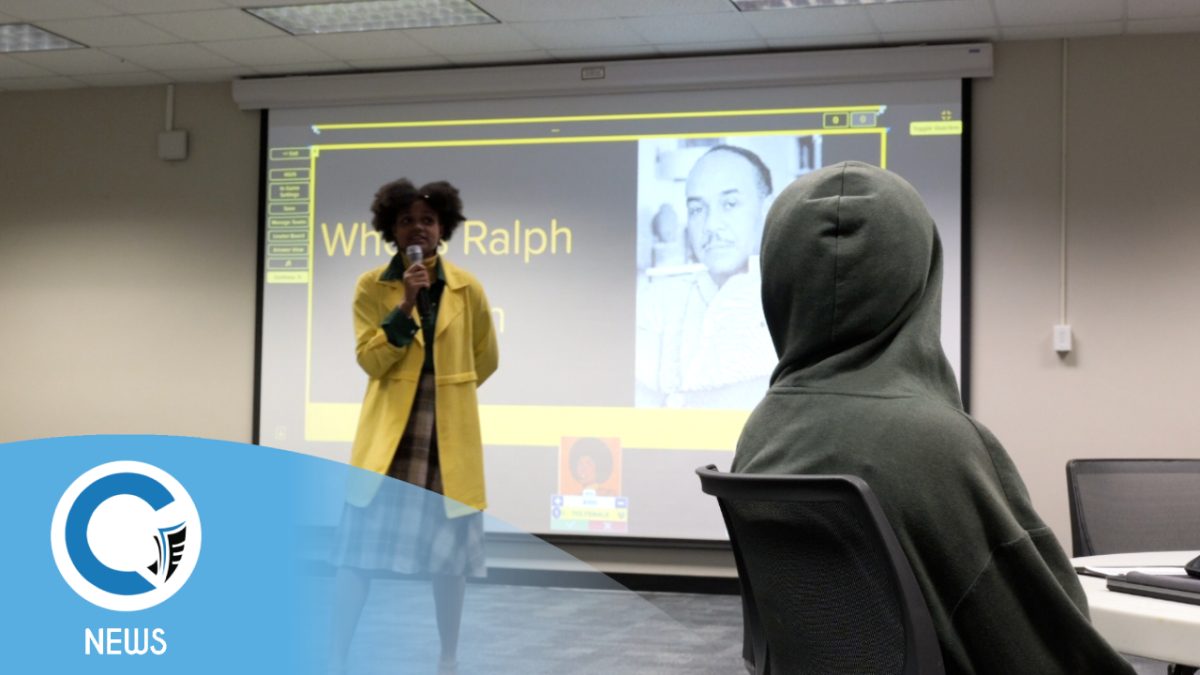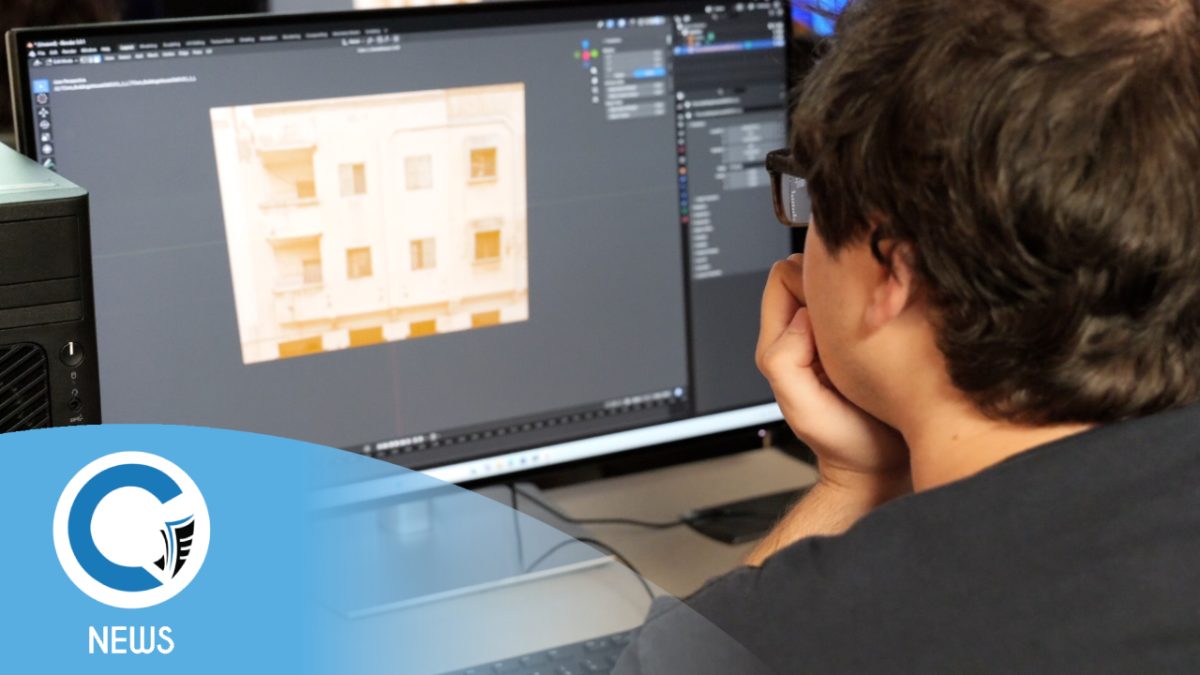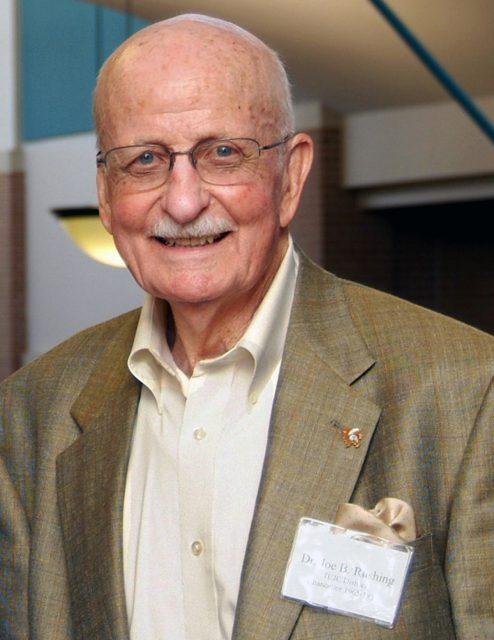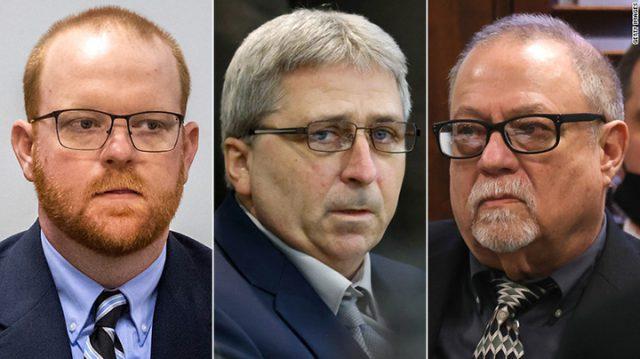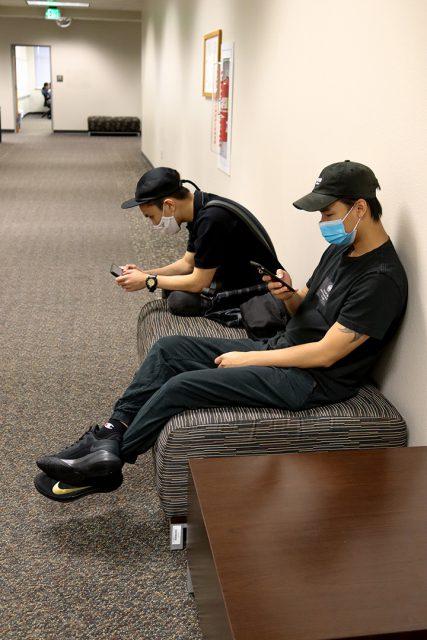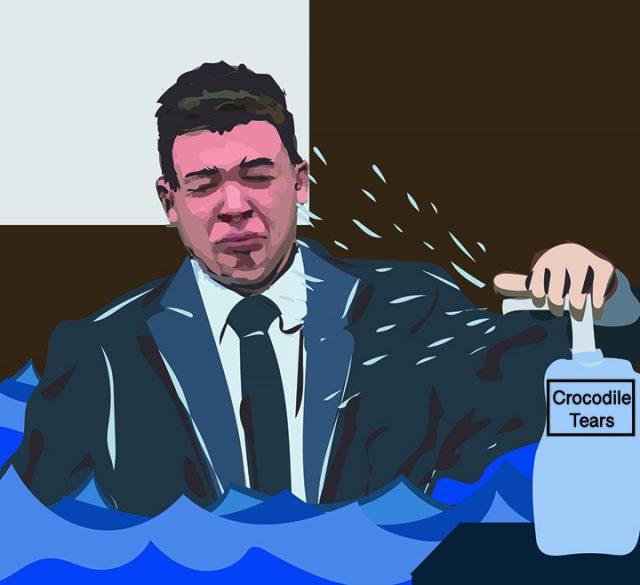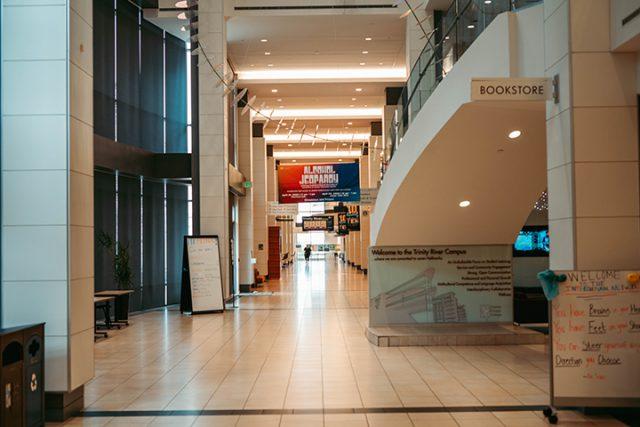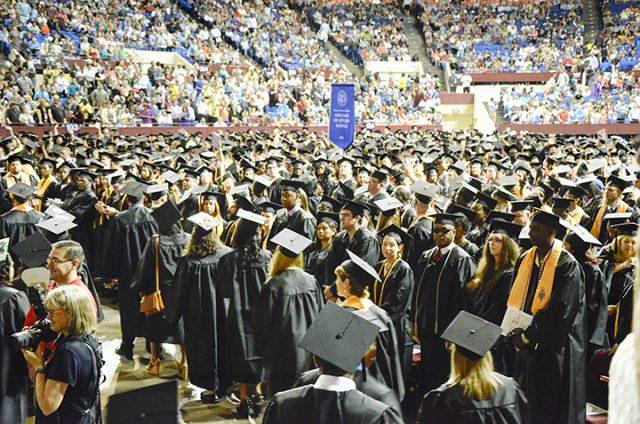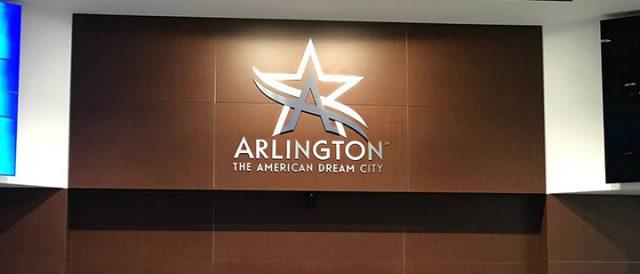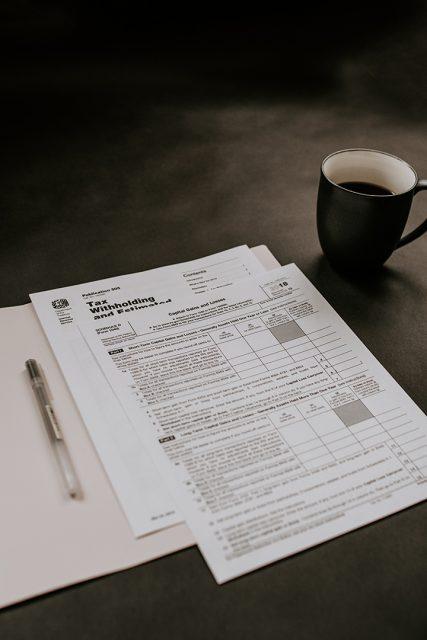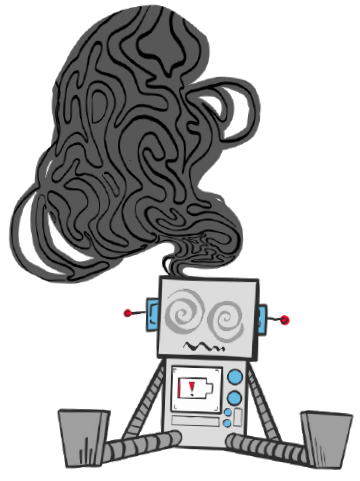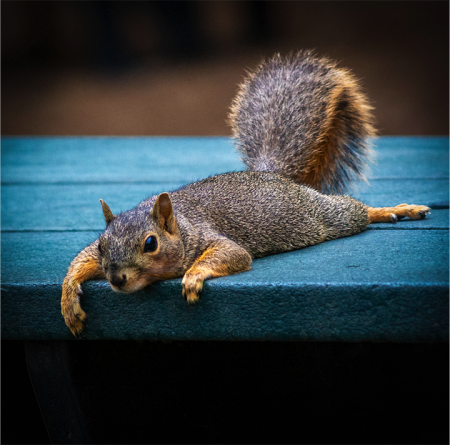
A photo of a squirrel relaxing on a turquoise bench won first place in the animal category for the photo contest. There were nearly 400 entries submitted in total.
There was something for everyone during TCC’s virtual and in-person Earth Day events
lydia regalado
campus editor
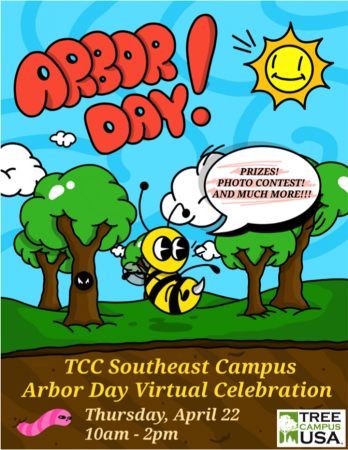
A cause for caring united students on Earth Day during festivities including art and photo contests, baking, fun-runs, events and ceremonies.
SE chef Alison Hodges kicked off the virtual events by demonstrating how to make Earth Day sugar cookies as a delicious way to celebrate. The baking activity turned into an art project when she added blue and green food coloring. Since the earth is over 70% water, there should be more blue dough than green, Hodges said.
In another event, City of Arlington stormwater education specialist Melissa Walker shared how water connects people and places.
Stormwater that isn’t soaked into the ground is dispensed into our local waterways, she said.
“Right behind Southeast Campus is Fish Creek, so all of the

A scene of ocean waves, sand and sunshine won first place in the
landscape category for the art contest.
runoff from the parking lot is going to go into that creek,” Walker said. “It’s not a treated system, so any trash that’s left on the parking lots or sidewalks, all of that’s going to get washed into that creek.”
Our drinking water comes from groundwater — water from rain, melted snow, ice or hail soaked into the ground — and surface water, which is stored in rivers, streams, lakes and other waterbodies.
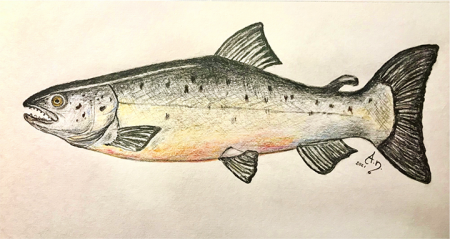
Someone who fertilizes their yard often, uses harmful detergents when washing their car or disposes of wastewater improperly may not realize they are contributing to toxic aquatic conditions, Walker said. Sewer overflows and water breaks also pose threats.
Simple solutions to minimize harmful chemicals include composting or properly disposing of yard waste, washing vehicles over a grassy area or using a carwash with a storm drain and utilizing low phosphorus fertilizers and detergents, Walker said.
During a food waste and composting event, material management marketing analyst Flavia Paulino shared a 2014 Fort Worth landfill audit.
The results showed that only 30% of what ended up in the landfill was garbage, Paulino said. The rest was 35% of materials that could have been composted and 35% recyclable items.
“A lot of people are now thinking that recycling is not worth
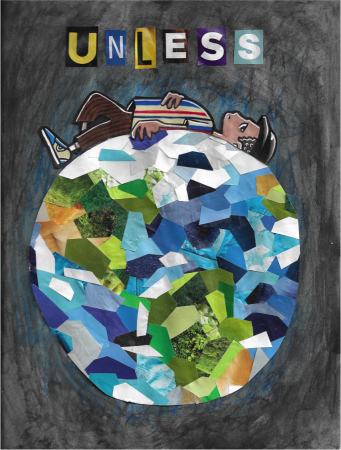
Shepherd’s art portrays his feelings on humans’ destruction of the planet, yet still represents optimism.
it anymore, because the cost of recycling has gone up and the value of recyclable material has gone down,” Paulino said. “However, it is still cheaper to recycle than to throw all that stuff in the garbage and having to keep building new landfills.”
Over 20% of the compostable material was pure food waste. Thirty percent of U.S. food goes from farm to table to landfill and in the end, 43% of food is wasted. Over-buying, spoilage and disposal of food in homes account for 43% of the the total food waste weight. Farms accounted for 16%, manufacturers 2% and consumer-facing businesses 40%, Paulino said.
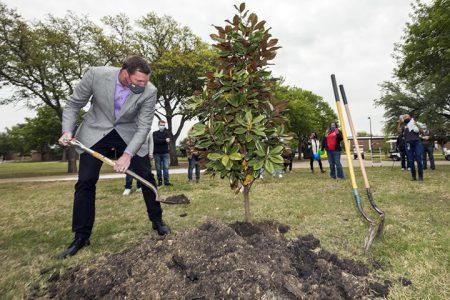
Students and faculty gathered safely during a Phi Theta Kappa event, which celebrated the beautifying of South Campus by planting four trees. Each participant, including South Campus president Daniel Lufkin, took turns shoveling dirt on one of the magnolia trees.
“I can’t think of a better way, on Earth Day of all days, to promote unity and the values associated with higher education through the planting of this tree,” Lufkin said. “When I think of a tree, it’s a universal symbol, a symbol of strength and growth.”
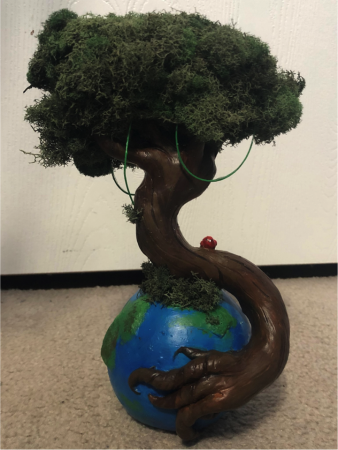
“Trees Hold Our Planet Together” won first place in the ceramic art category.
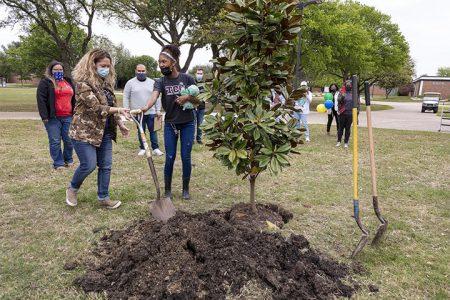
A plaque will commemorate perseverance for the project, which began with the Rho Chi Service committee in 2019.
“Twenty years from now, 30 years from now when someone comes on campus, they may not know but they’re going to walk past this tree,” student Makayla Guthrie said. “This is a legacy that we all made together.”
Resources and event recordings can be found on TCC’s Earth Day website.

